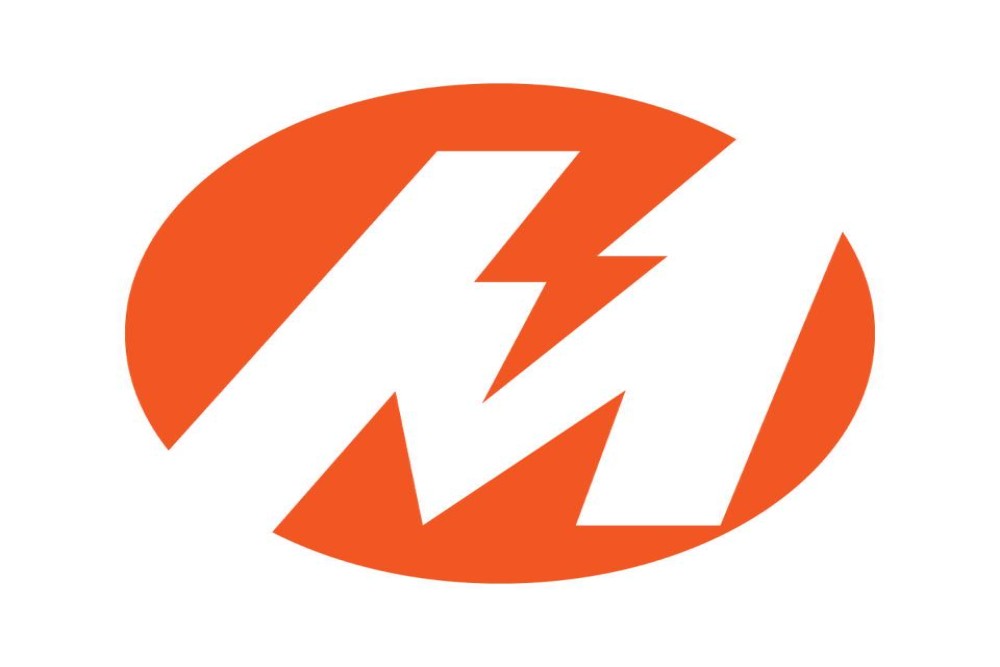LAGUNA Rep. Dan Fernandez’ (lone district, Santa Rosa) call for a review of the Manila Electric Company’s (MERALCO) mega franchise is gaining steam as consumer advocates also expressed belief that the power distributor “has now grown too big for efficient management by a single entity.”
According to Romeo "Butch" Junia, who had been involved as intervenor in cases filed at the Energy Regulatory Commission (ERC) related to power rates, the review was very timely because Meralco “appears to have abandoned its franchise duty to provide services at the least cost manner as the upward trend of power rates would show.”
“If you would take a close look, Meralco’s charges and rates and what we pay are not least cost,” Junia said.
“That alone is ground to cancel and review the Meralco franchise,” Junia said.
“A franchise, as you know, is a privilege,” he said.
“So it is time for the House, to take another look at it,” Junia said.
“We should check if the recipient of the privilege is not doing its undertaking under that privilege,” he said.
He said that subscribers of Meralco are getting zero benefit from the utility’s mega franchise as the “economies of scale” that should reduce costs for electricity subscribers is instead just bloating the utility’s size and profits.
"Usually in economies of scale, as we understand it, the larger you grow, the lower is your cost, so how come, the gargantuan franchise of Meralco has not been able to benefit us," Junia said.
He added that the consistent increase in power rates being charged by Meralco to its customers was puzzling as these should be on a downward trend in inverse proportion to its customer base.
Economies of scale normally leads to lower costs as subscriber base grows, said Junia.
“Instead of inverse proportion where the bigger the size, the lower the cost, it became the opposite where increase in rates followed an increase in business,” said Junia, who has been engaged as intervenor in cases filed at the ERC by various groups like Nasecore, Freedom from Debt Coalition and others.
He said power rate hikes by Meralco defy sound business practices where the bigger the company grows, the lower its costs should be for consumers.
Junia also argued that in Meralco’s case, the utility has now cornered electricity supply in the National Capital Region which should have been followed by a downward trend in prices.
"The reference rate for comparison should be the RORB ( return on rate base) of P0.79 per KWH to the rate today of P1.35 per KWH, which peaked at P1.64 per KWH under PBR (performance base rating),” said Junia.
“Meralco franchise is obviously at an uneconomic scale, measured by its cost of service as reflected in the rates, and must therefore be cut down to economic size," Junia stressed.
The RROB was previously implemented in 2006 to 2007 while PBR was first used in 2008.
"Meralco net earnings rose from PHP2.7 billion under RORB to current level of PHP20+B. If that is the measure of economies of scale, Meralco is fantastic," Junia lamented.
“So if it cannot distribute electricity at the least cost the franchise should be taken away,” Junia said.
Fernandez had urged Congress to split the mega-franchise of Meralco into three, accusing the monopolistic utility of failing to serve the interest of 7.6 million subscribers and overcharging them in the last nine years.
This is needed, according to the lawmaker, as Meralco has grown too big and dominant in the power industry.
"It's high time we renew its franchise to pave the way for the split of the mega-franchise we granted Meralco,” Fernandez said.
What is more frightening, said Fernandez, is that it was the House of Representatives that turned Meralco into the “monster” and “super franchise” that it is now through Republic Act 9513.
Fernandez said lawmakers can still correct the mistake since Congress has the power to"amend, revoke, suspend, and even subdivide their franchise."
He said in 2015 he had already raised the irregular manner by which Meralco computes its weighted average capital cost.
Until today, Fernandez said Meralco has fixed its weighted cost of capital at 14.97 percent, which the utility uses as a basis to compute its profits.
Fernandez said this defies ERC rules requiring power distribution utilities to review and recompute their weighted average capital costs regularly.
He said risk rates, interest net rates of banks and regulatory asset base were high in 2015 because of the Asian financial crisis then.
The Asian financial crisis has long been over yet Meralco continued to use the same weighted average capital cost to hide its excessive profits, Fernandez said.
“We no longer have a financial crisis and all the interest rate, the country’s risk rate, their financial requirements, the indicators are saying that the weighted average cost of capital is so low,” Fernandez said.


